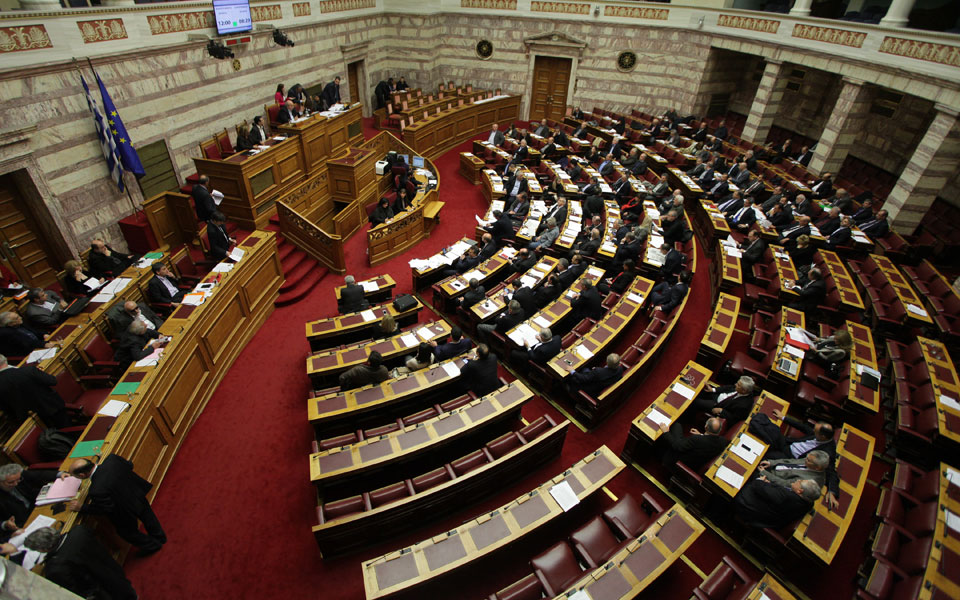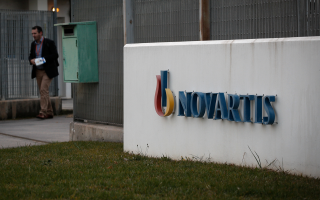Activism and power

However the Novartis affair turns out, SYRIZA is living glory days. The haste with which government officials intervened in the judicial case cannot be an accident, the product of carelessness. This grave transgression of democratic procedure can only have been a conscious choice, an effort by the government to proclaim its zeal in the fight against corruption, showing that the ruling party does not care about institutional niceties and procedures when it is clashing with the old political system. The activist side of SYRIZA is exploiting fully the mechanisms of power that being in government provides. And the party knows very well how to affect the climate in public life.
In his political career, Alexis Tsipras has seemed to limit his strategic thinking to exploiting public sentiment, but he has also shown himself capable of using all the tactics at his disposal. In this way he brought his party from the fringes of the political scene to center stage and in 2015 managed to win two national elections and get the result that he called for in a referendum. The limits to his strategy, however, were highlighted by the fact that only after the referendum did he understand that the result he had fought for was not the one he wanted. He then ignored the result. If he were a chess player, his thinking would be limited to the next one or two moves. He does not see far, but nor does he focus on today alone. For some time it has been evident that Tsipras and SYRIZA are thinking of the day after the next elections, when they may no longer be in power.
Head-on clashes with political rivals and undermining institutions (chiefly the judiciary) may simply be the result of clumsiness. More likely, though, they are part of a plan to strengthen SYRIZA today and prepare the ground for after elections. SYRIZA has had a major identity problem since coming to power, because, to remain there, the party has had to make serious compromises, going against much of what it had preached earlier. It survived a reversal in policy and the signing of a new bailout agreement, it survived the departure of dissidents who now rail against it continually, it has survived the implementation of further austerity and reforms. But it has resisted the “system” and its critics by imposing ever higher taxes on those who can still pay, by driving the universities back to the failed model of the past, by giving “anti-establishment” groups plenty of room for their activism while government officials criticize judicial decisions that don’t suit them. In other words, wherever SYRIZA is not bound by creditors’ dictates, the party tries to show its old activist self.
The government’s handling of the Novartis affair is aimed at confirming SYRIZA’s credentials as an avenger against the old system, in the face of former comrades’ accusations of cynicism and compromise. But there is another serious factor to consider: If the case develops in a way that vindicates SYRIZA, the party will reap the fruits of success in the fight against corruption; if it falls through, SYRIZA will be able to claim that the “system” fought against the government to prevent it from cleaning up the political scene. Other parties’ accusations regarding the handling of the case will serve only to reinforce SYRIZA’s argument that dark forces were at play and that the government had moved with daring and determination.
If the leftist party is no longer in power after the elections, it will have succeeded in stirring up the political system to such an extent that the general climate of distrust will obstruct any government that tries to hold SYRIZA to account (if it has any such intention). After this period, the next elections will be held under a simple proportional system, which means that many parties will enter Parliament, further fragmenting the political scene and providing SYRIZA with a good chance of joining a coalition and returning to power.
It would appear that SYRIZA’s current maneuvering may pay off for the party. But it may also entail a heavy cost for the country.





